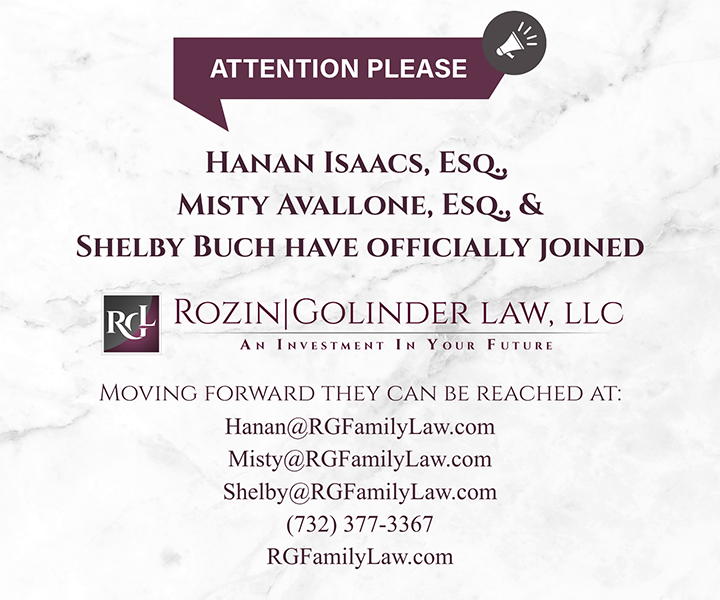Fired after medical leave of absence? Consider legal options
Many people are willing to provide care when a member of their family falls ill. In some situations this causes a caregiver to have to miss work. The federal Family and Medical Leave Act and the New Jersey Family Leave Act protect a worker against the loss of a job when this becomes necessary. Unfortunately not all employers in the state comply with the law.
Under the FMLA and NJFLA, a covered employee is eligible for up to 12 weeks of leave, without pay, when certain situations arise, including the illness of a family member. When an employer fails to provide the requested leave of absence or the employee faces retaliation upon returning from the leave, legal action may be taken. A school district in the state of New Jersey recently faced this.
The case
A woman, who worked as education assistant at a high school sought the unpaid leave of absence in the beginning of 2011. The two month leave she requested was so that she could provide care to her husband following open-heart surgery. Just before the request was granted, her attendance rating was scored as “below expectations.”
Following the leave the woman returned to work as planned. Shortly thereafter she took another day off so that she could accompany her husband to a medical appointment. Just two days after that she learned that due to poor attendance, her contract would not be renewed. According to the woman her attendance record was similar to five other education assistants whose contracts were renewed.
Because she felt the action of the school district was unjust, she filed a formal complaint against it. The Division of Civil rights issued a Finding of Probable Cause against the district three years later. Just last month, the woman and the school district reached an agreement.
The outcome
Under the settlement the district will pay the woman $45,000 for the wrongful termination. In addition, the school district will also implement reforms such as training and adding “serious health condition of a family member” to its family leave policy as a reason why unpaid family leave may be granted.
Conclusion
When an employer fails to provide workers the protections to which they are entitled or engages in retaliatory behavior following a granted leave, legal action could make sense. An employment lawyer can assist in determining the best course of action to take.


